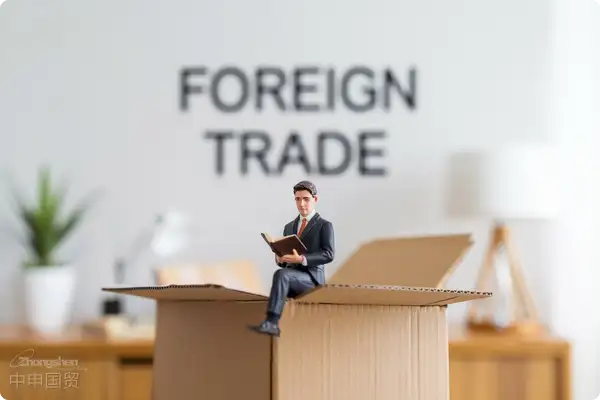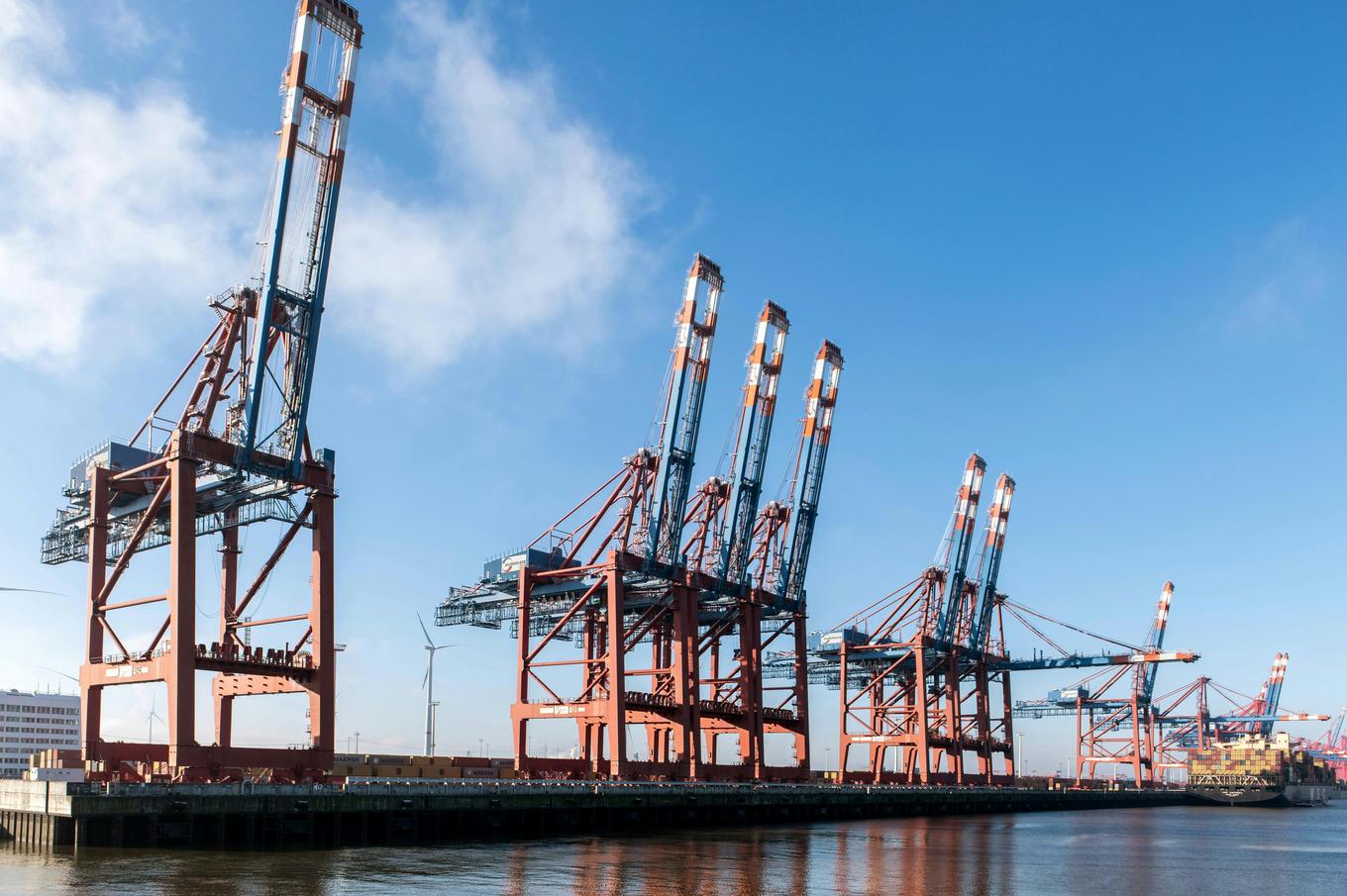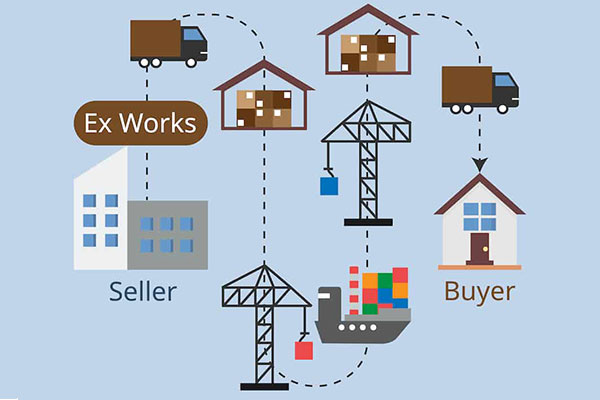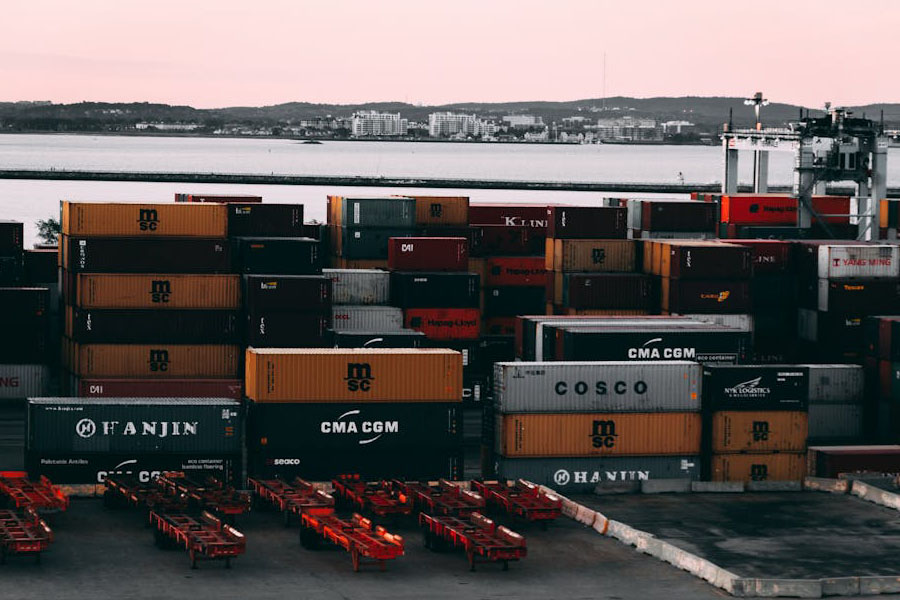- Shanghai Zhongshen International Trading Co., Ltd. – Your reliable partner with 20 years of import/export agency service expertise.

1. What certifications are required for coffee exports?
According to the latest international trade regulations in 2025, exported coffee must obtain:
- FDA Food Registration(Required by the U.S. market)
- Organic Certification(EU/Japan market added value increased by 30%)
- Halal Certification(Must-have for Middle East Market Access)
- Origin CertificateBook(The core document for enjoying tariff preferences)
Case: In 2024, a Yunnan-based company had a shipment of coffee beans worth $200,000 rejected at the Port of New York due to the lack of Kosher certification.
2. What are the special considerations in the customs declaration process?
As a food commodity, coffee requires special attention during customs declaration:
- Accurate HS Code Declaration (Distinguishing Roasting Degrees for 0901.21/0901.22)
- Moisture Content Test Report (Exceeding 12% May Trigger FDA Detention)
- Wooden Packaging Treatment Certificate (ISPM15 Standard)
- Pesticide Residue Test Report (Referenced to Target Country MRLs Standards)
III.International LogisticsHow to choose the solution?
It is recommended to develop a transportation plan based on product characteristics:
- Raw bean transportation: ContainerMaritime transport+Temperature and Humidity Monitoring
- Cost: $1200-1800/20' container (Southeast Asia route)
- Roasted bean transportation:Air freight+Nitrogen-filled packaging
- Validity period: 3-5 days (major cities in Europe and America)
- Ready-to-drink coffee: Cold chain shipping + real-time temperature tracking
IV. How to Control Export Costs?
2025 Latest Cost Structure Analysis:
- Tariff costs (0% tariff for Mexico under the USMCA agreement)
- VAT refund (13% refund rate, product code verification required)
- Logistics cost optimization (recommended to adopt LCL + transshipment port distribution).
- Certification Cost Control (Multi-Country Market Certification Package Application)
V. How to Prevent International Trade Risks?
At the contract level:
- Quality risk: Third-party inspection agencies conduct full-process monitoring (e.g., SGS).
- Payment Risk: LC Payment + Sinosure Insurance
- Exchange Rate Risk: ForwardConvert foreign exchange into RMBLock (recommended to lock for 6 months in 2025)
- Logistics risk: Purchase comprehensive transportation insurance (including war risk clauses).
6. How to Choose a Reliable Agency?
Five Key Criteria for Selecting a Professional Agency:
- Possession of foodImport and exportQualification (verify customs registration number)
- Success Case Database Query (Requesting Coffee Export Records from the Past 3 Years)
- Overseas customs clearance capability verification (whether the target country has a self-operated customs clearance team)
- Risk Compensation Clause (Explicit 100% Cargo Value Compensation Commitment)
- Digital Management System (Supports Real-Time Cargo Tracking)
Special Reminder: The African Continental Free Trade Area Agreement, which will take effect in 2025, will significantly impact coffee export tariffs. When exporting processed coffee from origins such as Ethiopia, it is essential to verify the rules of origin accumulation.
Resources
Contact Us
Email: service@sh-zhongshen.com
Related recommendations
Contact via WeChat

? 2025. All Rights Reserved.









